Nigeria and Angola have taken a historic step toward strengthening their bilateral ties with the signing of major agreements that cut across illicit drug control, cultural cooperation, defence, technical manpower support, and broader socio-economic initiatives. The milestone was achieved at the 5th Session of the Nigeria-Angola Bilateral Economic Joint Commission, which took place in Luanda, Angola, from September 9th to 12th, 2025. The Joint Commission, which had been dormant for 24 years, has now been revived, marking a new chapter in Nigeria-Angola relations.

The agreements signed included cooperation on combating illicit drug production, manufacture and trafficking, as well as a cultural exchange pact designed to deepen collaboration in the arts, creative industries, and education. In addition, Nigeria successfully facilitated a twinning agreement between Bayelsa State and Angola’s Namibe Province, aimed at fostering socio-economic and cultural development. A similar cooperation pact was also established between Nasarawa State and Angola’s Bengo Province, opening fresh opportunities for state-level partnerships.
Minister of State for Foreign Affairs, Ambassador Bianca Odumegwu-Ojukwu, who led the Nigerian delegation, signed on behalf of Nigeria, while Angola’s Secretary of State for International Cooperation, Ambassador Domingos Lopes, signed for his country. Bayelsa State Governor, Douye Diri, and Namibe Province Governor, Dr. Archer Mangueira, also formalized their sister-city relationship, which is expected to drive people-to-people connections, investment, and knowledge exchange.
Speaking at the close of the session, Ambassador Odumegwu-Ojukwu praised the resuscitation of the Joint Commission, recalling the historic ties between Nigeria and Angola dating back to 1975 when Angola gained independence. She emphasized that the meetings were not only a chance to reflect on bilateral relations but also an opportunity to expand into new areas of cooperation.
She said: “We deserve to achieve sustainable economic growth, job creation, people-to-people contact, and poverty reduction for our peoples. The signing of the agreements, including the Bayelsa–Namibe twinning partnership, signals our collective desire to promote economic, political, cultural, social, educational and scientific cooperation. This partnership will boost growth, create employment opportunities, and contribute to the fight against poverty and underdevelopment in both our countries.”

The Minister revealed that 28 Memoranda of Understanding (MoUs) were reviewed by sub-committees and that more agreements are expected to be finalized soon. These MoUs cover wide-ranging areas including:
- Visa waivers and simplified customs procedures to ease business and travel.
- Preferential cargo lanes and trade facilitation initiatives to support economic diversification.
- Partnership in oil and gas sectors, particularly in upstream services, LNG trading, and engineering logistics.
- Avoidance of Double Taxation to encourage foreign investment and protect businesses.
- Agricultural pilot projects focusing on mechanized farming of cassava, rice, bananas, and poultry for export.
- Technical manpower transfer and assistance under Nigeria’s Technical Aid Programme.
- Creative economy and cultural exchange agreements to boost film, music, and festival collaborations.
- Marine tourism initiatives, including the ambitious proposal of a Nigeria–Angola boat cruise route to promote international tourism.
Ambassador Odumegwu-Ojukwu also disclosed that discussions were held on creating a Naira/Kwanza trade corridor, a move that would facilitate seamless transactions and deepen financial linkages. She commended Angola for welcoming Nigerian banks such as Access Bank and UBA into its economy, while also highlighting private-sector driven plans to establish a Nigeria-Angola Business Council.
She concluded: “In negotiations, no side gets everything it wants. What we achieved reflects our shared responsibilities and commitment to move our relations to the next level. The Federal Republic of Nigeria is committed to deploying the necessary political will to implement these agreements under the Renewed Hope Agenda of President Bola Ahmed Tinubu, and we look forward to Angola doing the same.”
The Joint Commission ended with optimism, as both delegations affirmed their commitment to actualizing the agreements reached, with expectations that visa waivers, defence cooperation, technical manpower assistance, and enhanced cultural exchange will soon materialize. The renewed Nigeria–Angola partnership is widely seen as a bold move to unlock opportunities in trade, security, energy, tourism, and human capital development, while further cementing the longstanding brotherhood between the two nations.


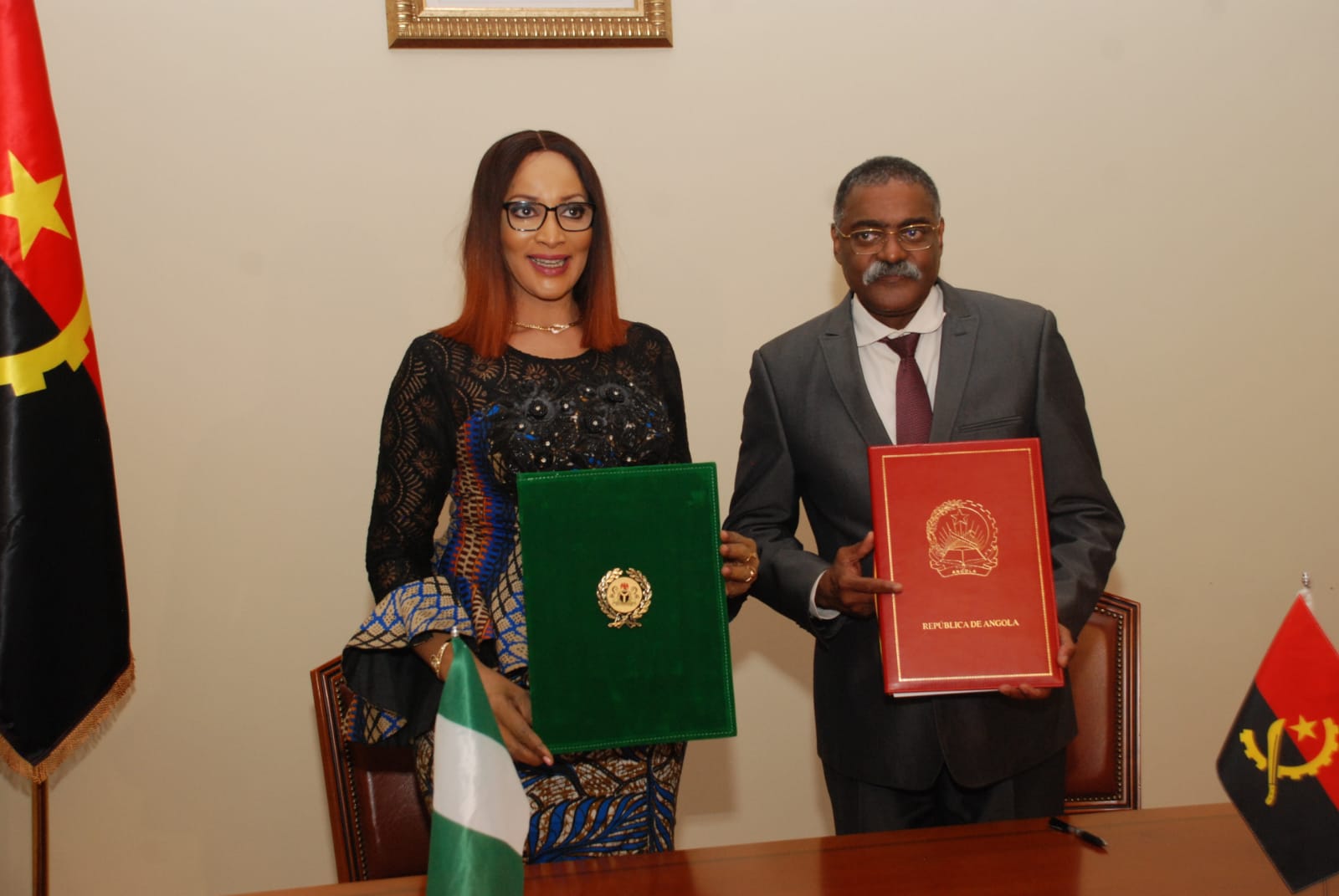
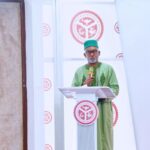


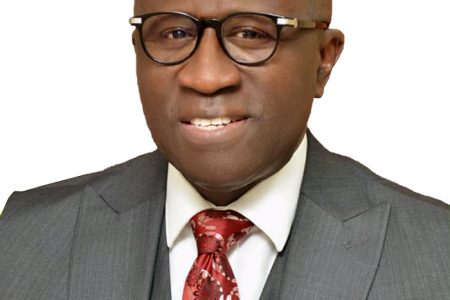
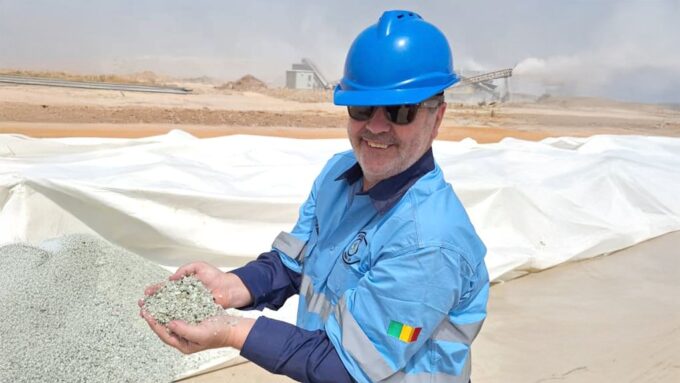
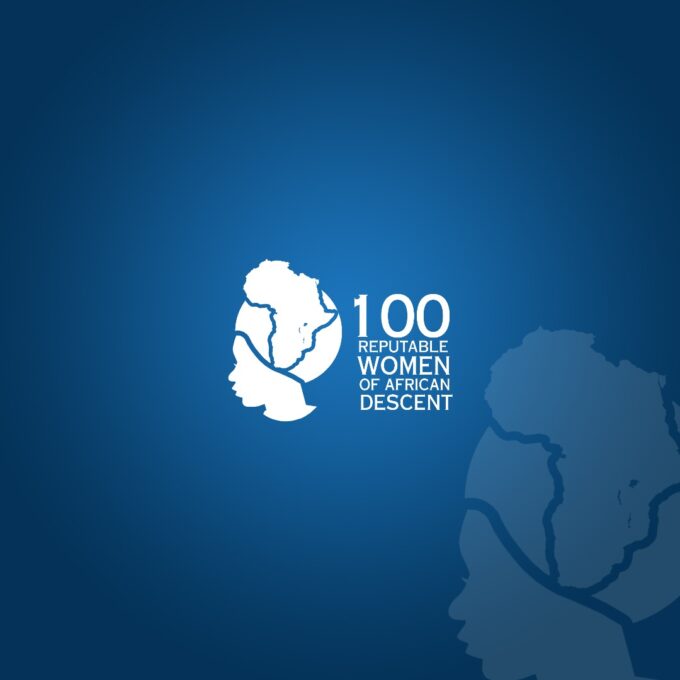
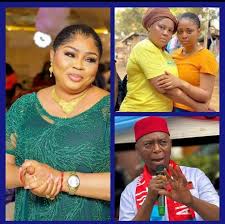




Leave a comment